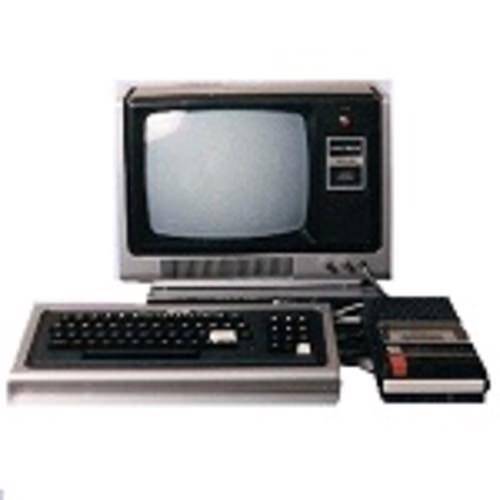I recently purchased a copy of an issue of the defunct popular science magazine OMNI from 1978 – three years before I was born. In addition to a lengthy interview with Alvin Toffler, a cover by H.R. Giger and an article on human-dolphin communication by John C. Lily it contains an article by hypertext pioneer Ted Nelson titled “Computer Lib.”

I’ve read Nelson’s book of the same title, but I can’t remember if this is an excerpt from the book or if it’s unique to OMNI. In a section on lock-in, Nelson describes what may be the first wave of consumerization of IT.
But lock-in is not limited to the manufacturer of computers. It also is practiced by the so-called “computer center,” the department within the company, university, or government where the big computers live. Initially designed to provide centralized, efficient computer service, the computer center has evolved into an internal tyranny, set up to operate at its own convenience and dedicated (like any organizational entity) to its own self-preservation. The computer center, of course, always wants a better (read bigger) computer over which it has exclusive control.
Today, thanks to small computers that are cheap enough to bypass the “computer selection committee,” the internal monopoly of the computer center is coming apart at the seams. According to Portia Isaacson, part owner of Houston’s Micro Store, little computers have already penetrated large companies without the knowledge of the computer centers. The Trojan horse is already inside the gates. “I’ll sell you a computer any name you like,” says Isaccson. “You’d be surprised at all the different things we call them on the sales slips.”
For more on OMNI, check out Boing Boing’s fond memories of the magazine.

We know how this played out. The computer centers, which contained one big computer that employees used via terminal, became IT or IS departments. Desktop PCs replaced terminals. But the department retained control, through firewalls and access controls. The role of the department has changed over the years as the technology changes.
Today we’re seeing two similar simultaneous pushes: one for virtual desktop infrastructure, which would take us back to the computer center era. The other for IT consumerization in the form of smartphones, tablets and SaaS. This time, the two drives aren’t mutually exclusive (see here and here). But the results of these two trends will probably be another change for how the technology departments of organizations work.
It will be interesting to see how things play out this time around. Will IT departments eventually retain control, allowing only pre-approved devices and maintaining SaaS applications through enterprise platforms? Or will enterprises technology become more laissez faire, with the IT department becoming “supporters and helpers” instead of controllers as Forrester has suggested?

















